Knowledgebase
Kingshay's Knowledgebase - Forage
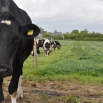
Each year as the weather gets warmer, somatic cell counts increase, making mastitis in summer an area for focus. Some pasture conditions can lead to high levels of expos...
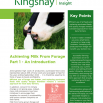
Amid general high costs of production, purchased feed costs represented about 26% of total costs and averaged 12.7ppl for the year ending September 2023 - it is therefo...
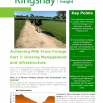
This is the third publication in our ‘Achieving Milk from Forage Series’. It is designed in a workbook format, so that it can be used as a quick guide to highlight an...
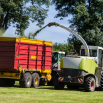
Producing good quality forage is key to the profitability of livestock production systems. Preserving forage for later use is expensive and losses can occur at every stag...
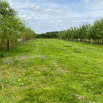
Agroforestry is increasingly being talked about as a means of helping agriculture meet net zero targets, with DEFRA planning to support farmers with the integration of tr...
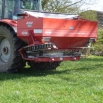
As the biggest agricultural contributor to UK ammonia emissions, dairy farmers are under increasing pressure to improve air quality. At present we are not on track to mee...
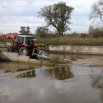
Slurries and farm yard manures represent a hugely valuable and often under utilised resource on many dairy farms. Understanding their nutrient values could help reduce re...
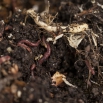
Soil Organic Carbon (SOC) has become a bit of a buzz word in the industry. This may have prompted you to investigate the SOC within your own soils, or it may be something...
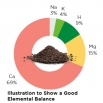
Soil chemistry plays a critical role in soil health by influencing nutrient availability, pH balance, and the overall environment for micro-organisms, which are essential...
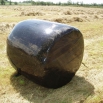
Big bale silage increases flexibility on a grazing platform and creates the opportunity to make a customisable forage for animal groups. This Farming Note covers: ...
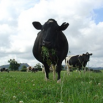
Gases such as methane and carbon dioxide are produced as part of the normal process of digestion in cattle. These gases are usually discharged by eructation (belching). I...
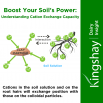
Soil is the most valuable resource on your farm. However, it’s often overlooked and underappreciated. By taking the time to better understand your soil, you can adjust ...
